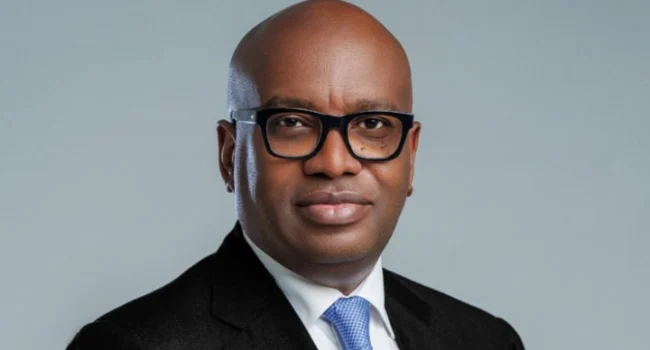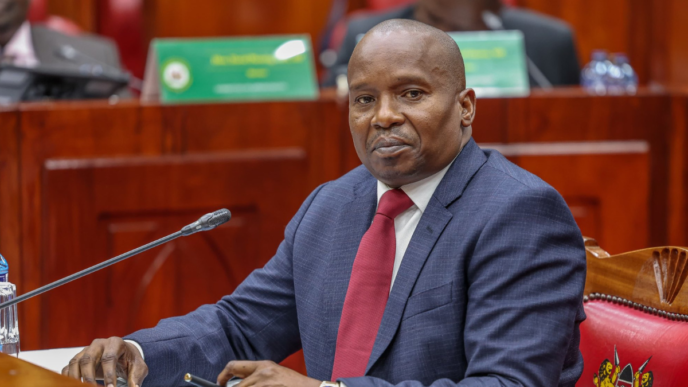FBN Holdings appoints Adebowale Oyedeji, ex-Nova Bank MD, as GMD
FBN Holdings Plc has announced the appointment of Adebowale Oyedeji as group managing director (GMD). In a statement on Friday, FBN Holdings said the appointment of Oyedeji, managing director (MD) of Nova Commercial Bank is with effect from November 13. FBN Holdings said prior to his appointment, Oyedeji was the managing director (MD) and chief executive officer (CEO) of Nova Commercial Bank, where he contributed to the institution’s conversion to a commercial bank as well as its foray into retail banking. The company said the appointment is subject to the approval of the Central Bank of Nigeria (CBN) and ratification of the shareholders at the annual general meeting (AGM). According to the statement, Oyedeji would replace Nnamdi Okonkwo, who will be retiring from the company following the completion of his term. “At FBNHoldings, Wale would lead the executive teams at the HoldCo and the various subsidiaries to Implement its new 5-year Strategic plan,” the company said. Speaking on the appointment, Femi Otedola, the chairman of FBNHoldings, said the board is pleased to welcome Oyedeji “to the Holdco and looking forward to him building on the solid foundation of 130-year-old franchise and sustaining its undisputed leadership position”. ABOUT ADEBOWALE OYEDEJI Oyedeji earned a bachelor of science in agricultural economics from the University of Ibadan and a master of science in financial economics from the University of London. He is a fellow of the Institute of Chartered Accountants of Nigeria (ICAN) and an advanced management programme of Harvard Business School alumnus. Oyedeji has over 30 years of banking experience spanning corporate banking, treasury, commercial banking, and general management. He served as managing director of Guaranty Trust Bank (GTB) UK between 2008 and 2011. In October 2011, Oyedeji was appointed to the board of GTB, where he served as executive director for the corporate banking group. He also served as an independent non-executive director of Stanbic IBTC Bank. Oyedeji began his career with Ernst and Young, where he trained as an accountant.














